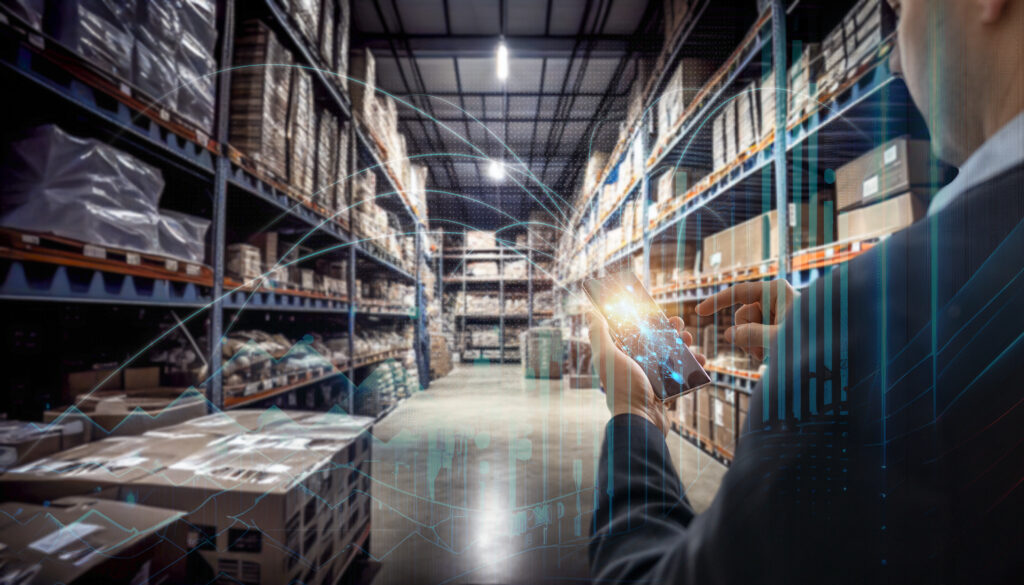When a retailer sells a product online, you might think that someone from the business grabs the item off a shelf, places it into a shipping container and then drives it to the post office. Although this would be the simplest route for shipping and logistics in a perfect world, large retailers and major online sellers often deal with hundreds or thousands of orders per day.
In fact, some may even deal with more. In order to handle all of this activity, efficiency is crucial, and having an employee go into a giant warehouse to find an item to ship every time an order is placed just isn’t viable.
Instead, many large retailers use third-party logistics (3PL) companies to fulfill orders. A 3PL or fulfillment company is one that operates a warehouse where goods are stored. When orders come in, the 3PL company handles the picking, packing and shipping of items.
This allows retailers to have warehouses all across the country and even the world, making it more efficient to get goods to customers faster.
If you’ve considered starting a 3PL or fulfillment company, below are some things to plan for to make your new venture a success:
Determine Your Services
Before you can begin managing your fulfillment operations, you need to decide what services you will provide. Some fulfillment companies only specialize in warehousing and tracking inventory. Others handle both warehousing and shipping.
Knowing your capacity will be a key determining factor here because if you provide warehousing and shipping, you will have a lot more activity to manage throughout the day.
If you decide that packing and shipping will be services you want to offer, ensuring that your company has fast access to shipping partners is crucial.
Additionally, this decision may impact your budgeting if your company will need to partner with a fleet management services company in order to have vehicles available to transport packages to shipping centers.
Obtaining Warehouse Space
No matter how you plan to approach your fulfillment business, you will need space to house retailer goods. Depending on the size of your retail partners, this may require one or multiple warehouses. These will need to be located centrally to shipping partners in order to get goods shipped quickly.
Your warehouses will need to be secure, and you should also have contingency plans in place to deal with variables like large orders, large inventory shipments and other unforeseen changes in the flow of goods to and from your warehouses.
If you’re just starting out in the 3PL industry, you may not need a huge amount of space at first, but as you grow, your needs should be able to scale as you bring on new retail partners.
Contracts will need to be in place so that you can be assured that your company will utilize any space it leases or purchases. Without long-term contracts in place, you may end up buying or leasing a warehouse that could potentially be sitting empty while you pay for it.
Integrate Your Software And Networking Solutions
Lastly, you will need to consider your company’s software and how it integrates with retail partners. Some retailers may have proprietary inventory and ordering systems that your company will need to access.
If you have your own tracking and inventory software, you need to make sure these solutions can be integrated by retail partners so that your fulfillment business can easily and efficiently communicate important data.
Software solutions should also be able to integrate with shipping partners in order to provide retailers and their customers with updates as orders are picked, packed and shipped. Most shipping companies also have their own proprietary systems, but these can usually be integrated into other software using an application programming interface (API).
If you don’t already have an IT team in place, now would be the time to begin assembling one to handle the various software and networking integrations your fulfillment business will need.



